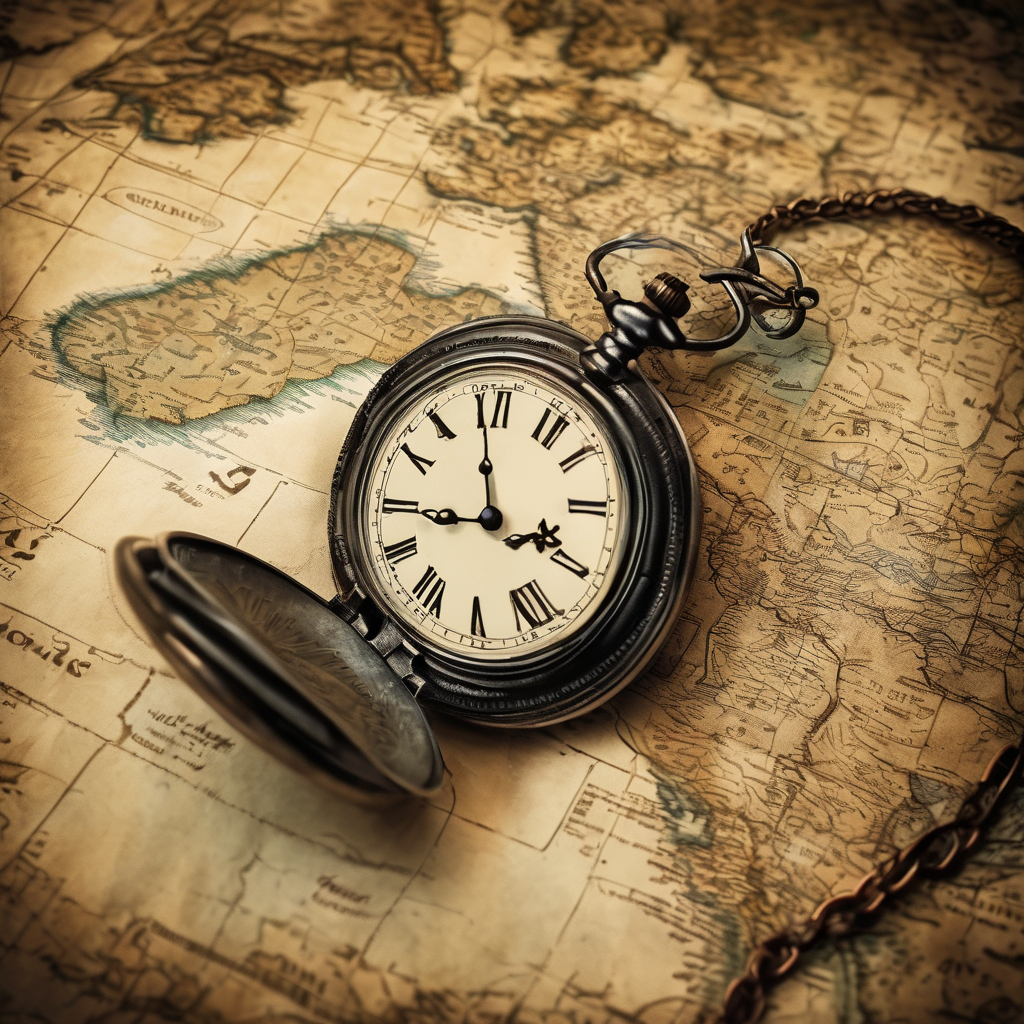In “This World of Tomorrow,” a nostalgic time-travel romance co-created by Tom Hanks and James Glossman, audiences are transported to a quirky future as the Oscar-winning actor portrays Bert Allenberry, a tech titan grappling with dissatisfaction in the year 2089. Despite the glossy exterior of his high-tech life, Bert finds himself confined to a series of sterile office environments—showcasing a future where remote work seems to have vanished along with nature.
The play unfolds as Bert and his girlfriend, Cyndee, played by Kerry Bishé, first wander the sights of the 1939 World’s Fair in Queens, which is cleverly represented through innovative L.E.D. technology. This brief getaway into history is orchestrated by a boutique firm specializing in time travel experiences for the ultra-wealthy, allowing them to savor a slice of the past for a mere quarter-billion dollars.
Bert becomes enchanted by a thought-provoking phrase he hears during one of his time excursions: “The present is but an instant between an infinite past and a hurrying future.” Intrigued by this notion, he shares it with his business partner, M-Dash. Drawn to the optimistic spirit of the World’s Fair, Bert’s infatuation deepens with each return, shifting his affection from Cyndee to a local woman named Carmen, portrayed by Kelli O’Hara, whose beauty and melancholy captivate him.
While Hanks’s charm shines as he navigates Bert’s character, the production does struggle with its chemistry. Hanks’s rapport with O’Hara lacks the depth and intensity one might expect, especially for a romance that bridges generational divides.
Employing elements from the past, such as borrowed phrases and the nostalgic aesthetics of the 1964 World’s Fair’s Futurama ride, the play evokes a unique ambiance. However, its execution reveals some missteps, particularly the overwrought futuristic jargon that weighs down the dialogue, creating a sense of clumsiness rather than clarity.
Hanks and Glossman drew from Hanks’s own short stories, notably “The Past Is Important to Us,” to craft the narrative. This text presents Bert in a less palatable light, complicating his character as he conceals elements of his past from Cyndee, who acts as his wife in the original story. Despite its attempt at exploring the allure of nostalgia and generational connections, the play sometimes falters in execution.
With “This World of Tomorrow,” themes of longing and aspiration dovetail with caution about the allure of the past. As Bert navigates a world yearning for a better future amidst personal distractions, audiences are encouraged to reflect on their own relationships with nostalgia and the passage of time. Drawing connections to broader themes in literature and theater, including those seen in Robert Icke’s modern take on “Oedipus,” the play poses interesting questions about the dynamics of love and devotion across eras.
Overall, while “This World of Tomorrow” may not achieve the classic status its creators envisioned, it invites viewers to contemplate the interplay between past and present in their own lives, reminding us that the longing for an idealized past can lead to poignant, if complicated, endeavors in love.
